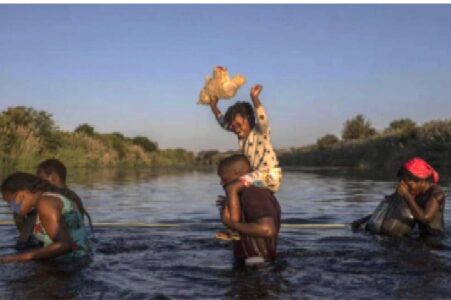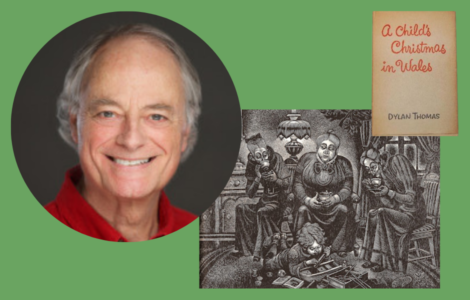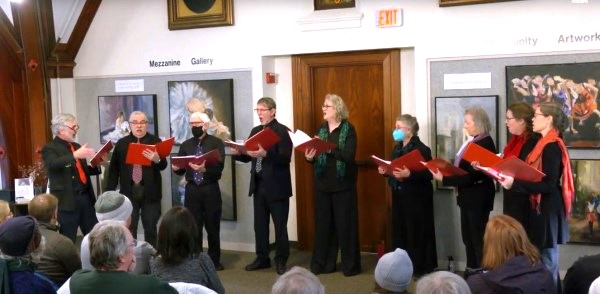
- This event has passed.
World Refugee Day – Strategies for Refugees to Overcome Trauma: Panel Discussion
June 20 @ 4:00 pm – 5:30 pm

Please join us for this important presentation co-hosted by Grace Initiative Global, the Harvard Program in Refugee Trauma, and NWPL.
Panelists will include Dr. Richard Mollica, Director of the Harvard Program in Refugee Trauma (virtually); Dr. Karen Fondacaro, Connecting Cultures, and others from Vermont Food Bank and Vermont Cares to be confirmed.
The plight of refugees is not over even when they reach safe borders. Their path to safety and security is laden with perilous challenges including criminality, discrimination, gender-based violence, environmental threats, and exclusion. Because of these terrifying challenges, refugees suffer from trauma, which can have long-lasting effects on their physical health and mental health.* Our program will focus on refugees and strategies for trauma healing.
Once resettled in the US, refugees may face stressors accentuating trauma. Also, while their legal status may continue as refugees, they are newcomers in a new and foreign place with other challenges as they as seek resettle their lives in the US. Upon resettlement, newcomers confront potential marginalization, socio-economic disadvantages, acculturation difficulties, loss of cultural and social support, food insecurity and cultural bereavement.**
Despite the need, screening for newcomers upon arrival in the United States does not include assessment of exposure to trauma.^ Also, newcomers may view mental health services suspiciously and not seek help. Other barriers they face include access to services and misunderstandings due to cultural and language differences.^^ To this end, our program will focus on strategies for trauma healing including food security and trauma-informed care, leading to holistic well-being.
***
World Refugee Day is an international day organized every year on June 20. The day was first established on June 20, 2001, in recognition of the 50th anniversary of the 1951 Convention Relating to the Status of Refugees.
A refugee is a person, who has fled their own country because they are at risk of serious human rights violations, armed conflict/gang violence and/or persecution. Some people no longer feel safe and might have been targeted just because of who they are or what they do or believe – for example, for their ethnicity, religion, sexuality, or political opinions. Therefore, refugees flee because the threat to their safety and lives is so great that they have no choice but to leave and seek safety outside their homeland, albeit with many risks.
+++
![]() Grace Initiative Global, a 501 C3 organization, focuses on intersectionality of peace, development, and humanitarian strategies. It resettles refugees under the US Health and Human Services Office of Refugee Resettlement as well as the State Department Bureau of Population, Refugee Migration, as an affiliate of Episcopal Migration Ministries.
Grace Initiative Global, a 501 C3 organization, focuses on intersectionality of peace, development, and humanitarian strategies. It resettles refugees under the US Health and Human Services Office of Refugee Resettlement as well as the State Department Bureau of Population, Refugee Migration, as an affiliate of Episcopal Migration Ministries.
![]() The Harvard Program in Refugee Trauma has spent 40 years caring for the health and mental needs of refugees and survivors of mass violence and torture through a combined practice of clinical experience and medical research. To bring the advances of modern medical science to those members of our society who despite their great suffering have little access to care.
The Harvard Program in Refugee Trauma has spent 40 years caring for the health and mental needs of refugees and survivors of mass violence and torture through a combined practice of clinical experience and medical research. To bring the advances of modern medical science to those members of our society who despite their great suffering have little access to care.
+++
This event is free and open to the public. Please fill out this form to let us know of your interest in attending. If you have questions, please email Programs@NormanWilliams.org.
+++
* Jason Ostrander, Alysse Melville & S. Megan Berthold, “Working with Refugees in the U.S.: Trauma-Informed and Structurally Competent Social Work Approaches,” Advances in Social Work Vol. 18 No. 1 (Spring 2017), 66-79. Accessed at https://brycs.org/clearinghouse/7757/.
** Ibid., 2
^ Ibid., 2.
^^ UNHCR. “Culture, context, and mental health of Rohingya refugees: A review for staff in mental health and psychosocial support programmes for Rohingya refugees.” Accessed at https: www.unhcr.org/5bbc6f014.pdf.


